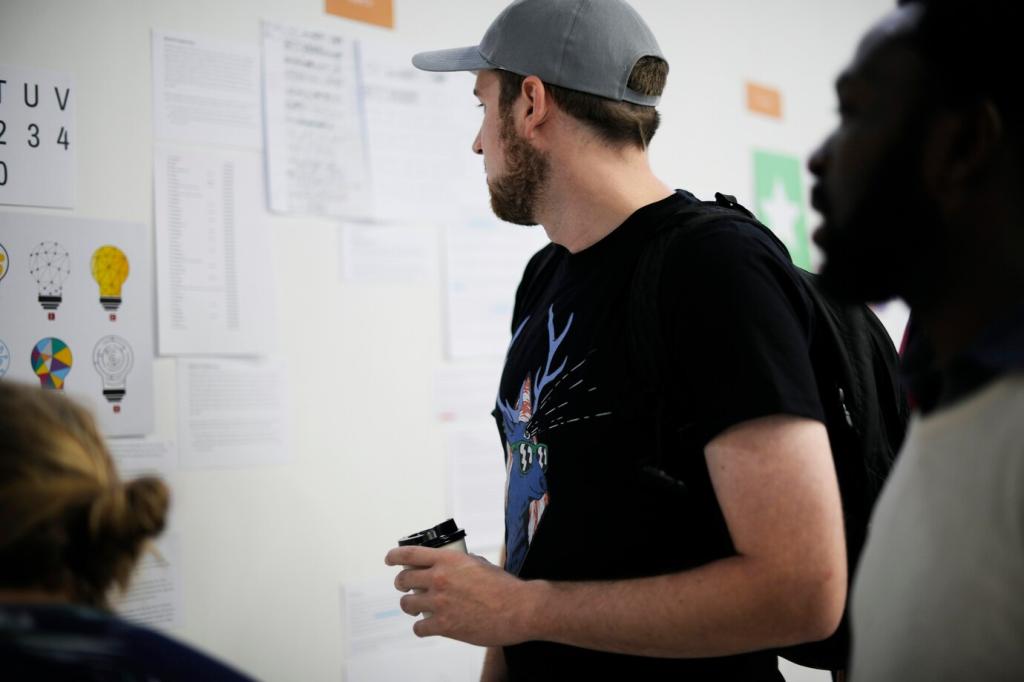Negotiation and Stakeholder Management
Offer options, not ultimatums: “We can deliver the core flow in two weeks, or the full feature in a month.” Clarify implications and ask for a decision. This keeps trust intact and scope honest. What alternative framing helps you decline gracefully?
Negotiation and Stakeholder Management
Invite product and design to sketch technical boundaries together. Shared artifacts—API stubs, prototypes, and risk maps—prevent late surprises. Once, early alignment avoided a costly rebrand of navigation terms. Tell us your earliest signal that realignment is needed.











